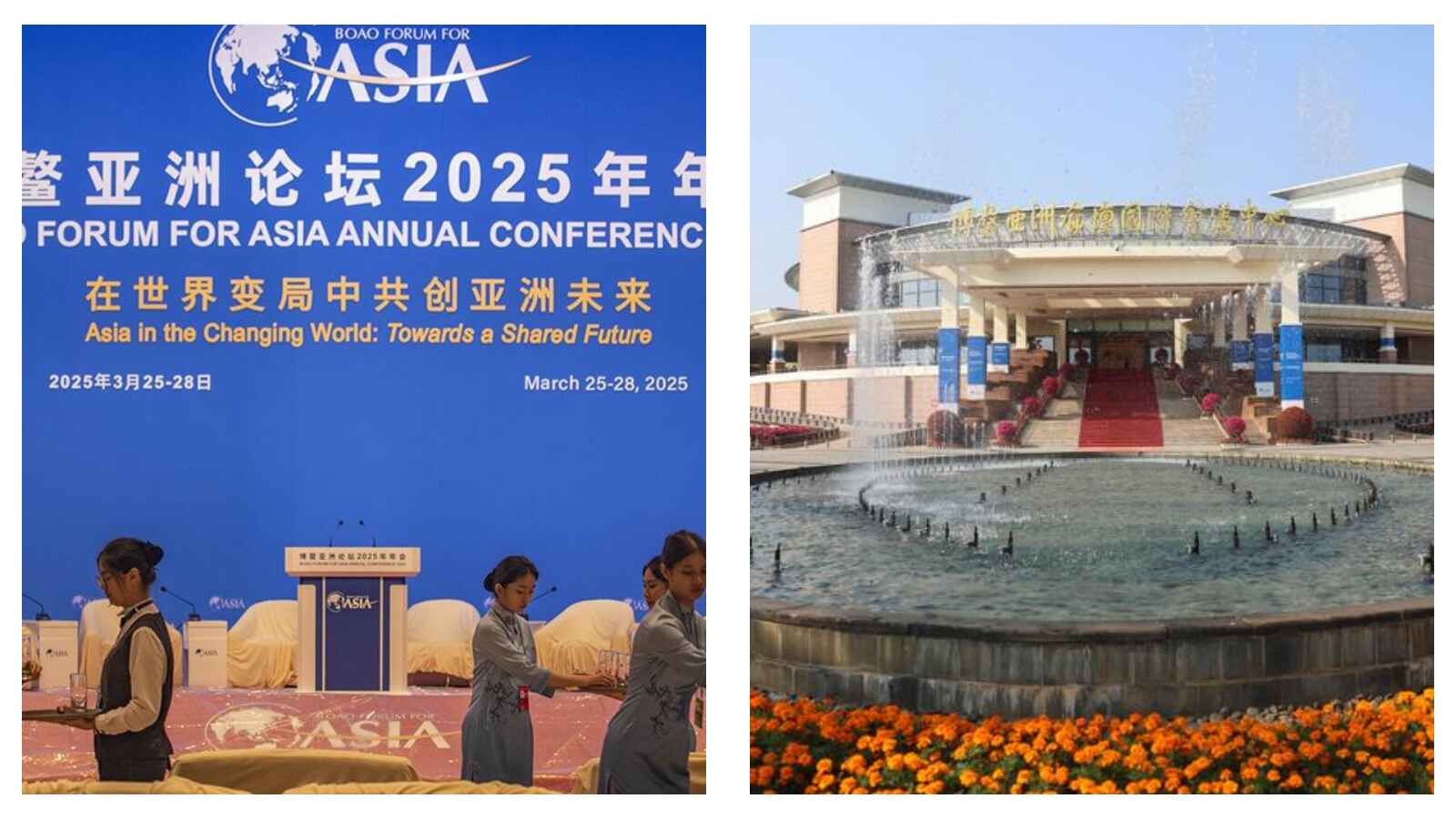By Maybelene Marcelino
The Boao Forum for Asia (BFA) recently released its annual report titled, “Asian Economic Outlook and Integration Progress,” highlighting not only remarkable growth trajectories but also the underlying factors contributing to Asia’s enduring economic strength and the challenges that lie ahead.
2025 economic outlook
According to the report, the weighted real gross domestic product growth rate of Asia is expected to reach 4.5 percent in 2025, a modest increase from 4.4 percent in 2024.
Asian economies’ GDP share of the global economy is also projected to rise from 36.1 percent in 2024 to 36.4 percent this year.
This growth will further be amplified by the robust performance in purchasing power parity terms, (which is poised to 48.1 percent to 48.6 percent), reflecting improved productivity and living standards, the report said.
It added that rapidly expanding economies such as China, India, Vietnam, the Philippines, Mongolia, Cambodia and Indonesia will maintain growth rates of 5 percent, solidifying Asia’s position as a key growth engine for the global economy.
Asian Interdependence
While acknowledging the challenges posed by rising unilateralism, trade protectionism and geopolitical tensions, the BFA lauded Asia’s economic resilience, which exceeded global expectations.
A notable finding of the BFA’s analysis is the growing economic interconnectedness of the Asian countries, Xinhua reported.
The report noted that as the world’s most economically dynamic region, Asia has become a vital player in global cross-border direct investment, with the inward and outward foreign direct investment dependence of Asian economies on the region itself reaching 49.15 percent in 2023.
Headwinds and recommendations
However, this intricate web of economic relationships also introduces vulnerabilities.
The BFA analysis warned that a major economic downturn in one leading Asian nation could trigger a domino effect, affecting neighbouring states.
It also cautioned about the rippling effects of ongoing wars, regional conflicts, global inflation, supply disruptions, interest rate hikes, debt distress in emerging markets, demographic shifts and the digital divide.
YOU MAY ALSO LIKE: Pakistan calls for digital expansion of welfare programs

The report then advocated for a more coordinated approach to policy-making, which involves harmonised regulatory frameworks and shared risk assessment mechanisms, to mitigate the potential for cascading economic crises.
Furthermore, the report underscored the importance of sustainable and inclusive growth that would benefit all segments of society.
Moving from a GDP-centric view, the BFA urged Asian nations to take proactive efforts to address income disparity, promote social inclusion and enhance environmental sustainability.
The analysis concluded with BFA calling for greater regional cooperation – focusing on climate change, infrastructure development, cybersecurity threats, trade liberalisation, investment facilitation and technological exchange – to create a more stable and prosperous future.
Founded in 2001, the Boao Forum For Asia aims to deepen economic exchange and bring Asian countries closer to their development goals.
It also offers a high-end dialog platform for governments, enterprises, experts, and scholars to jointly discuss the economy, society, environment and other relevant issues.
READ NEXT: Malaysians struggling to afford nutritious meals, study warns
